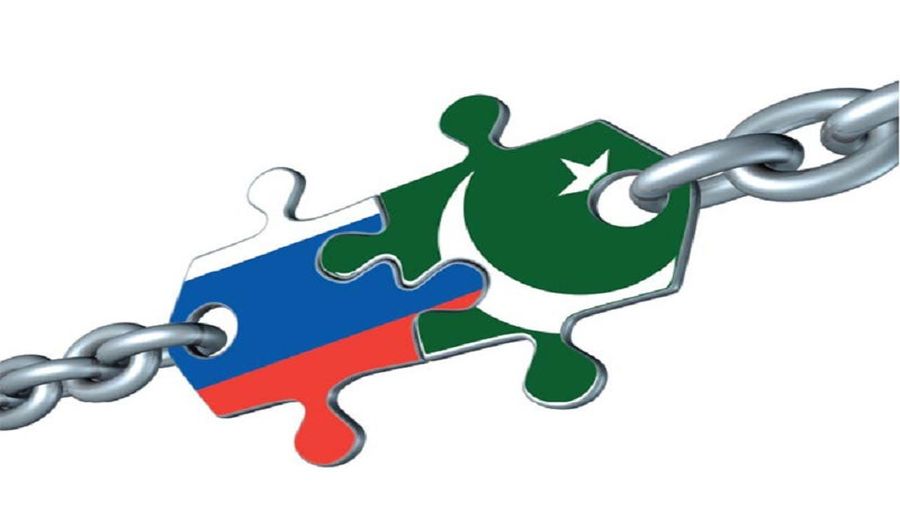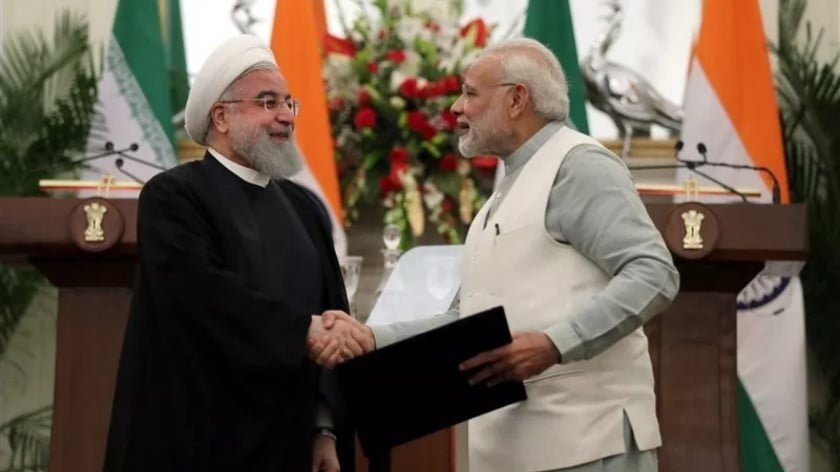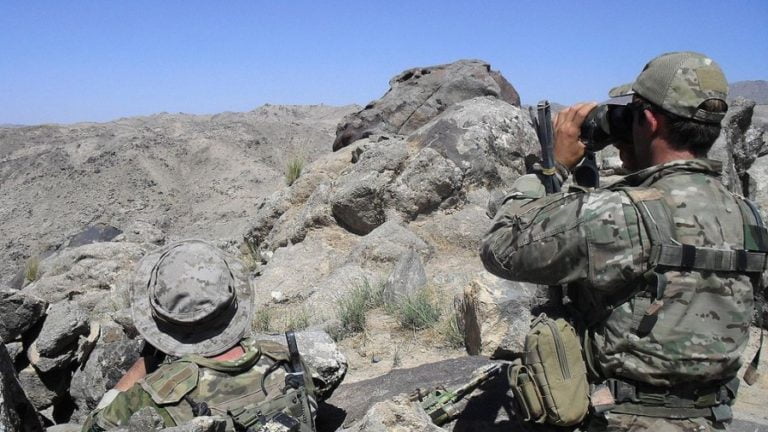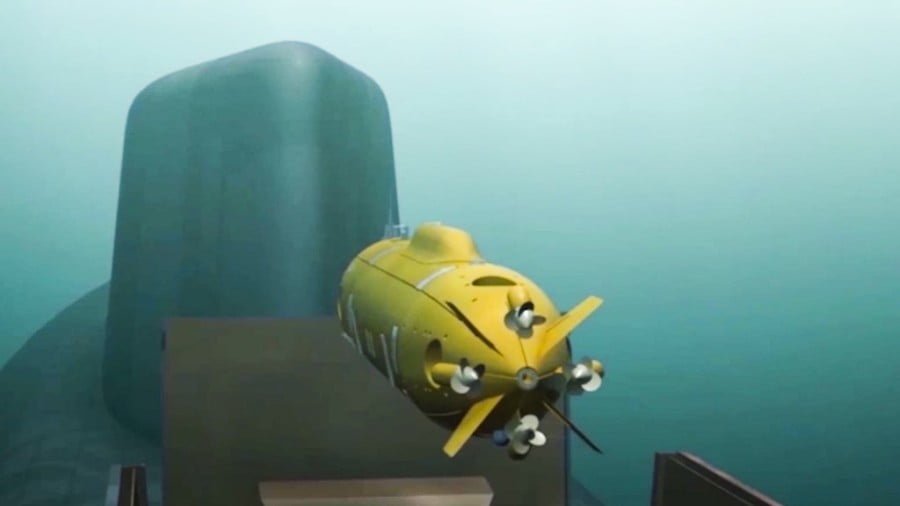Differences Over Kashmir & Ukraine Aren’t Impeding the Expansion of Russian-Pakistani Trade
The latest developments from last week accelerate multipolar processes and help these non-traditional partners advance their legitimate national interests.
Russia and Pakistan have defied expectations by continuing the comprehensive expansion of their trade ties despite differences over Kashmir and Ukraine, the first of which concerns Moscow’s rock-solid support of India while the second involves Islamabad’s reported arming of Kiev. Additionally, Pakistan continues abstaining from anti-Russian UNGA Resolutions, which Russia appears to have reciprocated by remaining neutral in that country’s crisis despite its prior closeness to former Prime Minister Imran Khan.
This context enables observers to better appreciate the latest news from last week regarding the start of direct shipping between them and the clinching of a new trade deal. The second-mentioned development will facilitate the exchange of goods and services while also offering a customs duty discount for Pakistani exports to Russia. Both will diversify their trade ahead of the large-scale energy deal that they plan to sign after the first test shipment of Russian oil arrives in Pakistan later this month.
About that, Bloomberg reported a few weeks ago that Pakistan plans to pay for these imports with yuan, which Russia can then easily use for Chinese purchases. This arrangement will be comparatively more convenient than the one that it has with India, whose billions of rupees need to be converted into another currency in order to use elsewhere until more robust real-sector bilateral trade develops. The aforesaid financial appeal thus serves as an added incentive for Russia to see this deal through.
The comprehensive expansion of Russian-Pakistani trade, anchored in the large-scale energy foundation that they’re striving to establish, is mutually beneficial. Moscow will secure a major emerging market in the Global South to help gradually replace its lost access to Western ones while Islamabad diversifies from its disproportionate dependence on China and the US. Russia’s economic-financial autonomy is therefore strengthened in parallel with Pakistan’s strategic autonomy.
Be that as it may in the best-case scenario, it would be wrong to describe Russia and Pakistan as “allies” like some overenthusiastic well-wishers might be prompted to do in response to the latest news. They’re non-traditional partners who began an historic rapprochement over the last decade in order to turn the page on their ties by exploring ways in which they can help each other achieve their grand strategic goals. Their ties are slowly becoming strategic but they’re still a far way’s off from such a partnership.
Even in the event that they reach that level sometime later this decade, nobody should expect either to distance themselves from their traditional strategic partners, which are India and the US for Russia and Pakistan respectively. They’ll both also remain close to their shared Chinese partner too regardless of how far and fast their bilateral ties evolve. Altogether, the latest developments from last week accelerate multipolar processes and help these non-traditional partners advance their legitimate national interests.







